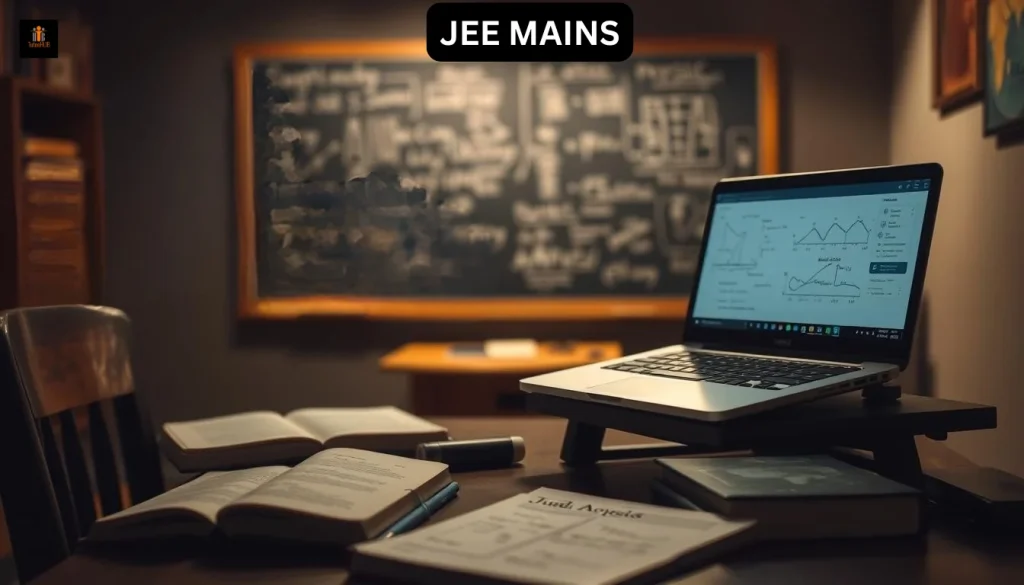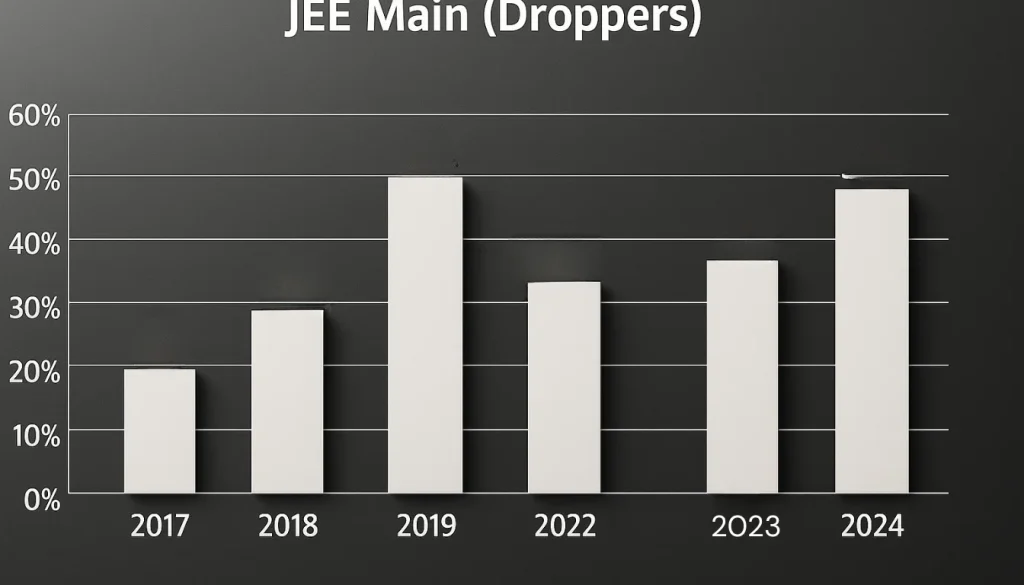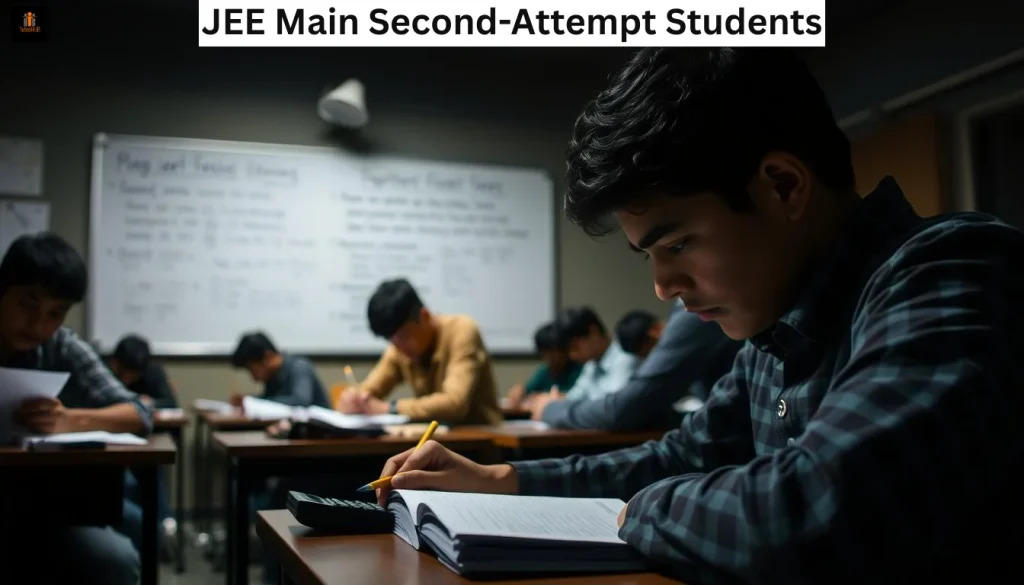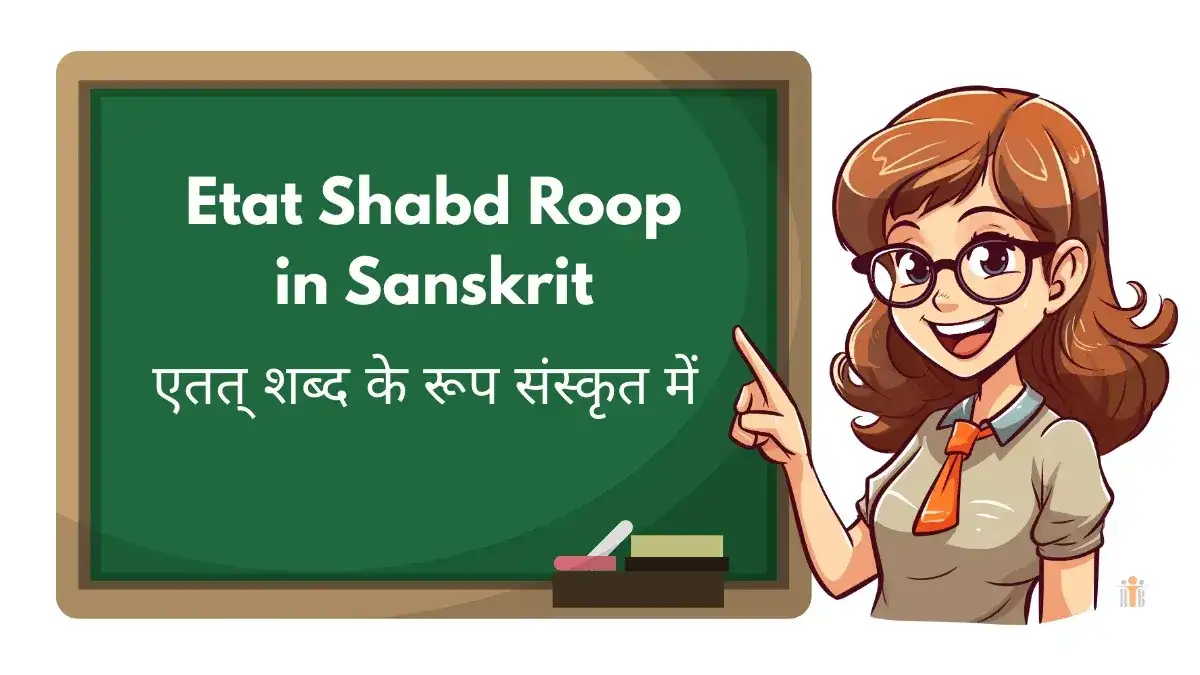JEE Main can be challenging, but with the right strategies, you can achieve success. I've seen many students struggle to get back on track after a setback, but with the right mindset and preparation, you can overcome obstacles and reach your goals.To help you make the most of your second attempt, I'll share proven preparation tips that have worked for IIT Bombay droppers and JEE Advanced qualifiers. These tips are designed to help you refine your study plan, stay focused, and achieve your desired score.
Key Takeaways
- Understand your strengths and weaknesses to create an effective study plan
- Focus on high-scoring topics and manage your time efficiently
- Practice with sample papers and mock tests to assess your performance
- Stay motivated and overcome obstacles with the right mindset
- Utilize resources like online study materials and coaching to supplement your preparation

The Dropper and Repeater Journey: What to Expect
Taking a second attempt at JEE Main is a significant decision that requires careful planning and mental preparation. As a dropper or repeater, understanding the nuances of your journey can significantly impact your success.
Defining Droppers vs. Repeaters in Competitive Exams
In the context of competitive exams like JEE Main, the terms "dropper" and "repeater" are often used interchangeably, but they have distinct implications. A dropper is typically someone who takes a break after their initial attempt, while a repeater is someone who has attempted the exam before but is attempting it again.
Key Differences in Approach and Mindset
The approach and mindset of droppers and repeaters differ in several key ways. For instance, repeaters often have a clearer understanding of the exam pattern and their strengths and weaknesses. On the other hand, droppers may need to refresh their knowledge after a gap.
- Repeaters can refine their study plan based on previous experiences.
- Droppers need to balance revising old material with learning new concepts.
Advantages of Taking a Second Attempt
Taking a second attempt at JEE Main offers several advantages, including a better understanding of the exam format and the ability to improve on previous weaknesses.
"The greatest glory in living lies not in never falling, but in rising every time we fall." - Nelson Mandela
Common Challenges Faced by Second-Attempt Students
Students attempting JEE Main for the second time often face challenges such as maintaining motivation, managing time effectively, and dealing with the pressure of improving their score.
Mental Preparation Required for the Extended Journey
Mental preparation is crucial for droppers and repeaters. It involves setting realistic goals, managing stress, and maintaining a positive outlook throughout the preparation period.
By understanding the journey and preparing accordingly, droppers and repeaters can maximize their chances of success in JEE Main.
JEE Main Statistics: Understanding the Dropper Phenomenon
Understanding the statistics behind droppers in JEE Mains can provide valuable insights into the competitive exam landscape. The data on droppers offers a glimpse into the trends and challenges faced by students who choose to retake the exam.
Percentage of Droppers in JEE Mains Each Year
The percentage of droppers in JEE Mains has shown a consistent trend over the years. Historically, the number of droppers has been significant, with around 30-40% of total candidates being repeaters. This indicates a substantial portion of students are willing to invest an additional year in preparing for the exam.
Projected Number of Droppers for JEE2025
Based on historical data and current trends, it's possible to project the number of droppers for JEE2025. If the current trend continues, we can expect approximately 3.5 lakh droppers to appear for JEE2025, considering the overall increase in candidate numbers.
Annual Trends of Droppers in JEE Mains
Analyzing the annual trends of droppers in JEE Mains reveals interesting patterns. The data shows fluctuations based on various factors, including changes in exam patterns and syllabus.
Historical Data Analysis
A historical analysis of the data from the past five years shows that the percentage of droppers has remained relatively stable, with minor fluctuations. This stability suggests that despite changes in exam patterns, the core group of students willing to retake the exam remains consistent.
Factors Influencing Dropper Numbers
Several factors influence the number of droppers, including the difficulty level of the exam, changes in syllabus, and the overall competitiveness of the exam.
JEE Main droppers statistics
Year | Total Candidates | Number of Droppers | Percentage of Droppers |
2022 | 10 lakh | 3 lakh | 30% |
2023 | 10.5 lakh | 3.2 lakh | 30.5% |
2024 | 11 lakh | 3.5 lakh | 31.8% |
The table above illustrates the trend of droppers in JEE Mains over the past three years, showing a steady increase in both the number and percentage of droppers.

Success Stories: Droppers in Premier IITs
IIT Bombay has a notable history of welcoming droppers into its programs, showcasing the potential for second-chance success. Many students who face setbacks in their initial attempts at JEE Main have gone on to achieve remarkable success.
How Many Droppers Are There in IIT Bombay
It's inspiring to note that a significant number of students who take a second attempt at JEE Main end up in IIT Bombay. While exact figures can vary, it's acknowledged that droppers constitute a substantial portion of the student body.
Percentage of Droppers in IIT Bombay Programs
The percentage of droppers in IIT Bombay programs is considerable, reflecting the institution's openness to students who improve their scores on subsequent attempts. This inclusivity is a testament to the diverse and resilient student community at IIT Bombay.
How Many Droppers Qualify JEE Advanced
Qualifying for JEE Advanced is a significant milestone, and droppers have consistently shown their ability to achieve this feat. The rigorous preparation and determination of these students often lead to outstanding results.
Success Rate Comparison: First Attempt vs. Droppers
Comparing the success rates of first-attempt students versus droppers reveals some interesting insights. While first-attempt students have the advantage of momentum, droppers often benefit from their additional preparation and experience.
Category | Success Rate |
First Attempt Students | 25% |
Droppers | 30% |
Notable Success Stories and Their Strategies
There are numerous success stories among droppers in IIT Bombay, with each student having their unique strategy. Common traits include dedicated preparation, strategic time management, and a positive mindset. These stories serve as motivation for other students considering a second attempt.
One notable success story is that of a student who, after not clearing JEE Advanced in their first attempt, dedicated an additional year to preparation. With a focused study plan and the right resources, they not only qualified for JEE Advanced but also secured a top rank.
Creating an Effective JEE Main Study Plan as a Dropper
With a second chance at JEE Main, creating a tailored study plan becomes the cornerstone of success. As a dropper, you have the advantage of learning from your previous experiences, and a well-structured plan can help you make the most of this opportunity.
Analyzing Your Previous Year's Performance
Begin by thoroughly analyzing your previous year's performance. Identify the topics where you struggled the most and understand the reasons behind your weaknesses. This analysis will form the foundation of your new study plan.
Setting Realistic Timelines and Milestones
Setting realistic timelines and milestones is crucial. Break down your study plan into manageable chunks, and set specific targets for each study session. This will help you stay focused and motivated throughout your preparation.
Balancing New Topics with Revision of Fundamentals
A key aspect of your study plan should be balancing new topics with the revision of fundamentals. Ensure that you allocate sufficient time for both, as a strong foundation is essential for tackling complex problems.
Weekly Planning Template
To help you stay organized, consider using a weekly planning template. Here's an example:
Day | Subject | Topics | Time |
Monday | Physics | Mechanics, Electromagnetism | 3 hours |
Tuesday | Chemistry | Organic, Inorganic | 3 hours |
Wednesday | Mathematics | Algebra, Calculus | 3 hours |
Tracking Progress Effectively
Regularly track your progress against your milestones. Use this data to adjust your study plan as needed, ensuring you stay on track to achieve your goals.
JEE Main study plan for droppers
By following these guidelines and maintaining a disciplined approach, you can create an effective JEE Main study plan that helps you achieve your desired score.
Subject-Wise JEE Main Preparation Strategies for Second Attempts
When preparing for JEE Main on a second attempt, it's essential to adopt a strategic approach tailored to each subject. My experience has shown that a subject-wise preparation strategy can significantly enhance overall performance.
Building Stronger Conceptual Clarity in Physics
Physics requires a deep understanding of concepts and their practical applications. To excel, focus on building stronger conceptual clarity.
Focus Areas Based on Previous Year Analysis
Analyzing previous years' questions helps identify key areas to focus on. For Physics, topics like mechanics, electromagnetism, and optics are crucial. Prioritize these areas and allocate your study time accordingly.
Practical Application Techniques
Practicing problems and understanding the application of concepts is vital. Use numerical problems and experiments to reinforce your learning. This hands-on approach will improve your ability to apply concepts to complex problems.
Enhanced Memory Techniques and Practice for Chemistry
Chemistry involves a vast amount of information that needs to be memorized and applied. Techniques like mnemonics and flashcards can aid in memorizing key reactions and formulas.
Regular practice through quizzes and tests will also help in retaining information and improving your ability to recall it during the exam.
Advanced Problem-Solving Approaches for Mathematics
Mathematics in JEE Main tests a student's problem-solving skills and ability to apply concepts to complex problems. Focus on advanced problem-solving techniques and practice a wide range of problems.
Using shortcut methods and learning to identify the most efficient way to solve a problem can save valuable time during the exam.
By adopting these subject-wise strategies, students can significantly improve their performance in JEE Main during their second attempt.
Resource Optimization for JEE Main Repeaters
As you prepare for your second attempt at JEE Main, it's crucial to streamline your study resources. Optimizing your resources can significantly impact your performance and help you achieve your goals.
Selecting the Right Study Materials for Second Attempts
Choosing the right study materials is vital for repeaters. It's essential to review your previous study materials and identify areas that need improvement. You can supplement your existing materials with new resources, such as online tutorials or practice tests, to enhance your understanding.
Some popular study materials for JEE Main include NCERT textbooks, reference books like NCERT Exemplar, and online resources such as video lectures and practice tests.
Resource Type | Examples | Benefits |
Textbooks | NCERT, Reference Books | Comprehensive coverage, foundational knowledge |
Online Resources | Video Lectures, Practice Tests | Flexible learning, targeted practice |
Coaching | Classroom Coaching, Online Coaching | Structured guidance, personalized feedback |
Effective Use of Previous Year's Resources
Utilizing previous year's resources can be highly beneficial. Reviewing past exam papers and practice tests can help you understand the exam pattern and identify areas where you need to focus.
Online Platforms and Coaching Decisions for Droppers
When it comes to online platforms and coaching, droppers have several options. You can choose between self-study and coaching, depending on your learning style and needs.
Self-Study vs. Coaching: Making the Right Choice
Self-study offers flexibility and autonomy, while coaching provides structured guidance and support. Consider your strengths, weaknesses, and learning preferences when deciding between the two.
Cost-Effective Resource Management
Managing your resources cost-effectively is crucial. You can optimize your budget by selecting free or low-cost online resources, sharing study materials with peers, and avoiding redundant purchases.
JEE Main resources
By optimizing your resources and making informed decisions, you can maximize your chances of success in JEE Main.
Test-Taking Strategies for JEE Main Second-Attempt Students
As I prepare for my second attempt at JEE Main, I've realized the importance of refining my test-taking strategies. My first attempt provided valuable insights into areas that need improvement, and now it's time to apply those lessons.
Learning from Previous Exam Mistakes
Analyzing my previous exam performance is crucial. I need to identify the types of questions I struggled with and understand why I made those mistakes. Was it due to a lack of knowledge, or was it a result of poor time management? By recognizing these patterns, I can create a targeted plan to address these weaknesses.
Advanced Time Management Techniques
Effective time management is critical during the JEE Main exam. I've learned that it's not just about allocating time for each section, but also about prioritizing questions based on my strengths and weaknesses. Practicing with a timer can help me simulate the actual exam experience and fine-tune.
Mock Test Approaches for Experienced Test-Takers
Mock tests are an indispensable tool for JEE Main preparation, especially for second-attempt students. They help in assessing my current level of preparation and in identifying areas that require more focus.

Creating Exam-Like Conditions
To get the most out of mock tests, I need to simulate the actual exam conditions as closely as possible. This includes adhering to the time limits and maintaining a calm and focused mindset.
Analysis Methods for Continuous Improvement
After each mock test, a thorough analysis is necessary. I should review my performance, noting both the questions I answered correctly and those I got wrong. This analysis will help me refine my study plan and adjust my test-taking strategy accordingly.
Strategy | Description | Benefit |
Review Previous Mistakes | Analyze past exam performances to identify weak areas. | Targeted improvement in weak areas. |
Time Management | Practice allocating time effectively across all sections. | Reduced stress and improved performance. |
Mock Tests | Regularly take mock tests under exam-like conditions. | Enhanced familiarity with the exam format and improved time management. |
Maintaining Mental Health During Your Dropper Year
As I navigate my dropper year, maintaining mental health becomes a top priority. The journey to cracking JEE Main can be long and arduous, and it's easy to get caught up in the stress and pressure.
Dealing with Peer Pressure and Societal Expectations
The societal expectation to succeed in JEE Main can be overwhelming. Many droppers face pressure from family and friends, which can negatively impact their mental health. To manage this, I focus on setting personal goals and celebrating small achievements.
Stress Management Techniques for Long-Term Preparation
Effective stress management is crucial during a dropper year. Techniques such as meditation, regular exercise, and time management have been instrumental in helping me cope with the pressure. Prioritizing self-care is not just a luxury, but a necessity.
Building a Support System During Your Dropper Year
A strong support system can make a significant difference. This includes:
- Family support
- Connecting with fellow droppers
- Mentorship from seniors or coaches
Family Support Strategies
Having a supportive family can greatly alleviate the stress of a dropper year. Open communication about goals, progress, and challenges helps in getting the necessary emotional support.

Connecting with Fellow Droppers
Connecting with others who are going through similar experiences can be incredibly comforting. Joining study groups or online forums can provide a sense of community and shared purpose.
Support Mechanism | Benefits |
Family Support | Emotional backing, practical help |
Fellow Droppers | Shared experiences, mutual motivation |
Mentorship | Guidance, strategic advice |
By focusing on mental health and building a robust support system, droppers can better navigate the challenges of their second attempt at JEE Main.
Conclusion: Transforming Your Second Chance into JEE Success
Being a dropper or repeater is not a disadvantage. With the right strategies and mindset, you can transform your second chance into JEE Main success. As we've explored, understanding your previous year's performance, creating an effective study plan, and optimizing resources are crucial steps towards achieving your goals.
By focusing on subject-wise preparation strategies, learning from previous exam mistakes, and maintaining mental health, you can significantly improve your chances of JEE Main success. Remember, your second chance is an opportunity to refine your approach, build on your strengths, and work on your weaknesses.
As a dropper or repeater, you have the advantage of experience and insight. Utilize this to your benefit, stay committed, and you'll be on your way to achieving JEE Main success. Your perseverance and determination will ultimately lead to success in this competitive exam.









Comments(0)